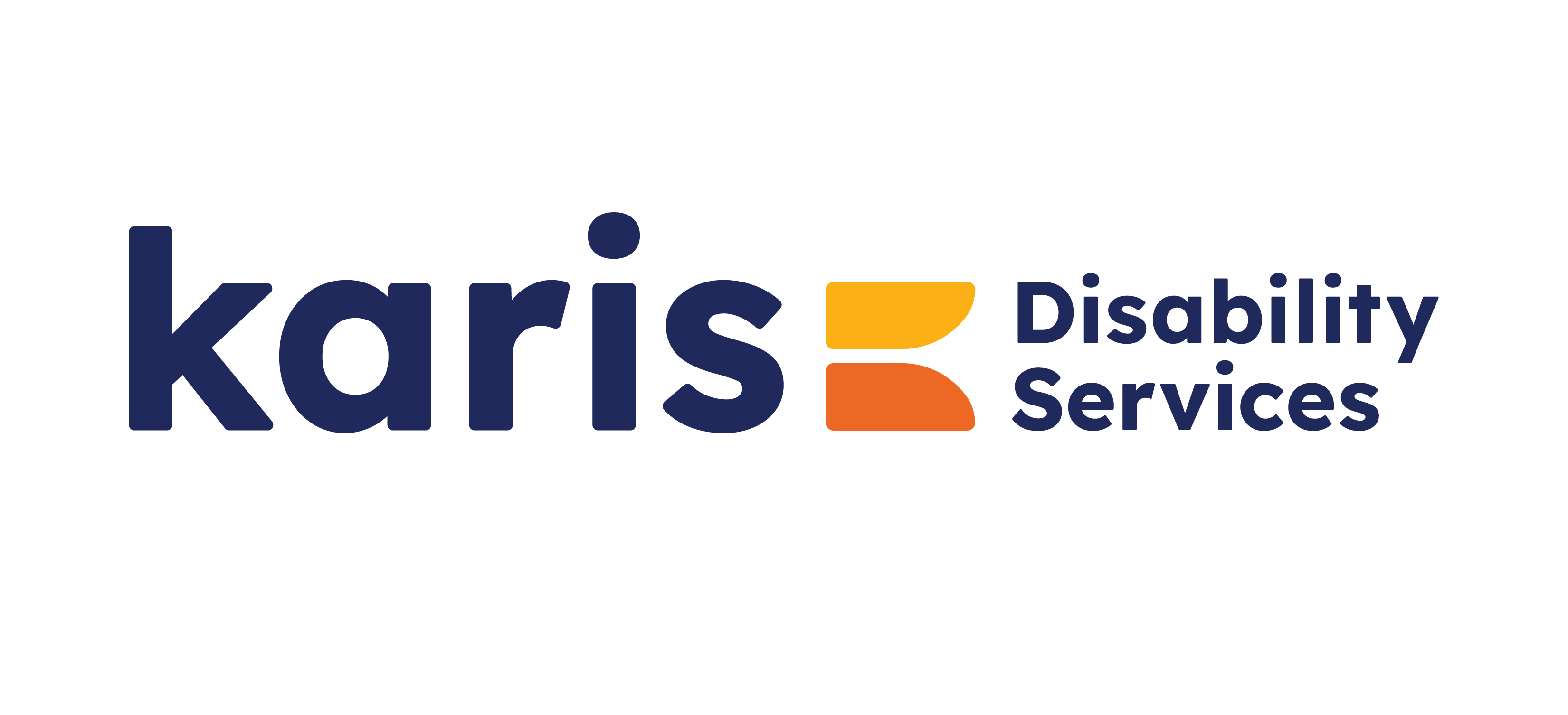April 3, 2025
Healthcare Resources – Choking/Aspiration and Intellectual and Development Disabilities (IDD)
How does Choking/Aspiration relate to people with Intellectual and Developmental Disabilities
Before exploring the prevalence of choking and aspiration it is important to define the terms. Choking refers to a full or partial blockage of a person’s airway typically before the vocal folds or in the trachea making the person unable to breathe. Aspiration refers to the inhalation of a bolus (food or fluids) into the trachea. If a person is unable to expel the bolus, through coughing, it progresses to the lungs where it can cause infections such as pneumonia, which also may be deadly.
The risk of choking and aspiration for people with IDD is well documented in research. In a paper published in 2017, the authors outlined a review that showcased a history of concern related to an increased risk of choking for the IDD population when compared to the general population. The risk is so great that studies have shown choking as a cause of death for people with IDD is 100 times more common than in the general population.
Treatment and what can you do?
One of the most important things for teams to do when looking to reduce the risk of choking for the people we support is to identify early warning signs.
Dysphagia (difficulty swallowing) is a notable risk for people with an IDD diagnosis. Dysphagia is a predictor for increased risk of choking. Signs of dysphagia include frequent episodes of partial choking, coughing while eating or drinking, feeling of food being stuck, frequent heartburn, a wet sounding voice when eating or drinking, and bringing food back up while eating. For people experiencing dysphagia, an appropriate professional can assess the person and recommend strategies to enhance eating and reduce the risks of choking and/or aspiration.
If you or anyone on your team are suspicious that someone you support may be having trouble swallowing, work with them and/or their Substitute Decision Maker (SDM) as soon as possible to make a referral to a Speech Language Pathologist to complete a swallowing assessment. You may need to work through the person’s family doctor or nurse practitioner. In Ontario you can also refer to Ontario Health at Home, this referral can come from anyone and is not limited to a physician or prescriber. In Saskatchewan a referral can be made for most services without a doctor by contacting the local community where SLP services are available. A list can be found here.
Crisis and Emergency
An emergency occurs when someone is choking and is unable to clear the blockage on their own. When this occurs, employees need to follow their first aid training with regards to choking. This could include abdominal thrust, back blows or chest thrusts as per the Canadian Red Cross.
Closing thoughts
With the knowledge that the people supported at Karis are much more susceptible to choking than the general population, it is important that teams know how to support them. Fortunately, there are services that are already in the community that teams can help access to reduce the risk of negative health outcomes. If you have further questions or concerns about accessing services in your community, you can contact Gregory Crunican (Healthcare Strategies Manager) at gcrunican@karis.org. You can also look at the embedded hyperlinks in this article for more information.
Gregory Crunican, Health Care Strategies Manager
